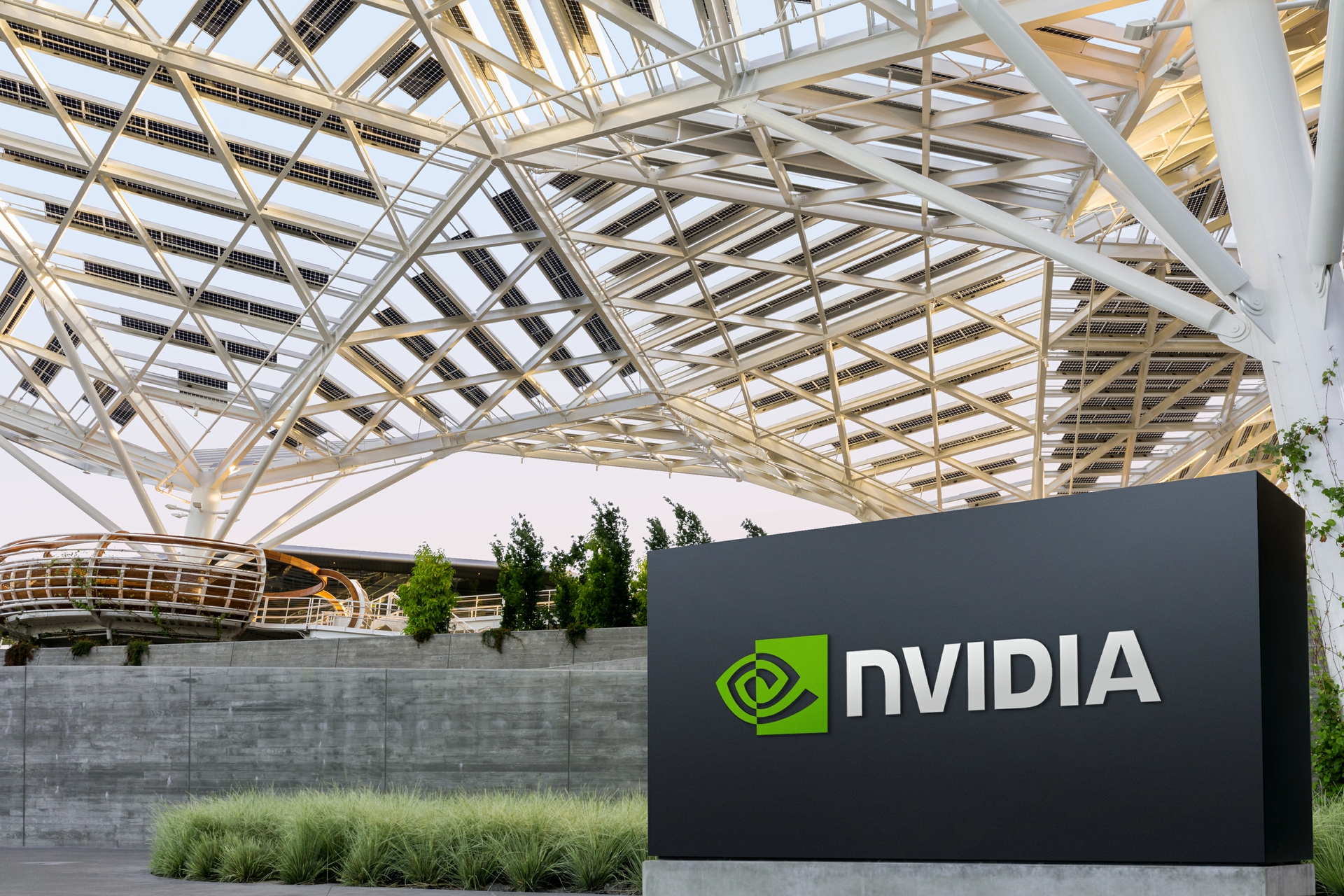Nvidia (NVDA), the global leader in artificial intelligence (AI) chips, has struck a revenue-sharing agreement with the Trump administration that could reshape the future of the semiconductor industry and U.S.-China trade relations.
Under this unique arrangement, Nvidia will share up to 15% of its revenue from chip sales to China with the U.S. government, a sum that could reach $3 billion in the current fiscal year, in exchange for export licenses that allow the company to resume sales of its H20 chips in the Chinese market.
This deal, confirmed by President Trump himself during a press briefing on Monday, highlights the delicate balance the U.S. government is trying to strike between maintaining national security through export controls and supporting American companies competing globally.
Trump Confirms “Little Deal” with Nvidia CEO Jensen Huang
President Trump publicly acknowledged the arrangement, referring to it as “a little deal” and praising Nvidia’s CEO Jensen Huang as “a brilliant guy.” Trump revealed that he initially demanded a 20% cut of Nvidia’s China revenue but settled for 15% after negotiations with Huang. “We negotiated a little deal,” Trump told reporters.
Importantly, Trump clarified that the deal only covers the H20 chip, an older generation AI processor Nvidia sells specifically to China. Trump described the H20 chip as “an old chip that China already has” and “obsolete,” contrasting it sharply with Nvidia’s latest AI chip, Blackwell, which he called “super-duper advanced.” Trump said he would not approve sales of Blackwell chips to China without “significant downgrades,” suggesting performance reductions of 30% to 50%.
He stated, “The Blackwell is super-duper advanced. I wouldn’t make a deal with that… That’s the latest and the greatest in the world. Nobody has it. They won’t have it for five years.” Huang is reportedly set to return to the White House soon to negotiate export licenses for these more advanced chips.
The Background: Export Controls and U.S. National Security Concerns
The U.S. government has been increasingly cautious about allowing advanced chip technology to flow to China, citing concerns that access to cutting-edge AI hardware could enable Beijing to leapfrog American technological leadership and threaten national security.
In 2023, the Biden administration imposed strict export controls limiting sales of AI chips like Nvidia’s H100 and H200 models to China. The Trump administration further tightened these controls in April 2024 by requiring export licenses for the H20 chip, effectively blocking its sales to China and causing significant revenue losses for Nvidia. Huang warned at the time that the ban “effectively closed” the Chinese market to Nvidia, which had expected to sell around $8 billion worth of H20 chips in the July quarter alone.
After intense lobbying, the ban on H20 chip sales was reversed in July, but the Trump administration’s demands for a revenue share from Nvidia’s China operations are a novel approach to balancing economic and security interests.
Legal Controversies and Market Reactions
The unusual revenue-sharing deal has drawn sharp criticism from trade experts, who have described the agreement as a form of “blackmail” that may violate the U.S. Constitution’s prohibition on export taxes. The Washington Post highlighted these constitutional concerns, while the Financial Times was among the first to report on the deal.
Despite the controversy, Nvidia’s stock gained modestly on Monday, and rival AMD’s shares rose over 1%, suggesting investor optimism about the reopening of the Chinese market.
China’s Importance to Nvidia and Competitive Pressures
China remains one of Nvidia’s most important growth markets, representing 13% of its revenue in the previous fiscal year. To adapt to the evolving export control landscape, Nvidia developed the H20 chip, a lower-power, China-specific variant of its flagship AI processors designed to comply with U.S. regulations while maintaining market access.
Trump noted that Huawei, China’s leading tech company, “has a similar chip,” underlining the competitive pressure Nvidia faces from Chinese chipmakers eager to catch up. Huang has argued that denying Chinese developers access to U.S. technology could backfire by accelerating indigenous Chinese chip development.
Economic Stakes and Future Outlook
Wall Street analysts estimate Nvidia could recoup $15 billion in lost sales in the second half of the fiscal year, pushing its total revenue from China to around $20 billion for fiscal 2026, which ends next January. The U.S. government’s 15% cut could thus translate into as much as $3 billion, a substantial windfall for federal coffers.
The revenue-sharing model could set a precedent for how the U.S. manages strategic technology exports in the future, balancing the interests of economic competitiveness and national security. However, it also raises questions about the limits of government intervention in private business.
The deal currently covers only Nvidia’s older H20 chips, but Trump hinted at ongoing discussions about export licenses for the company’s newest Blackwell chips: “I think he’s coming to see me again about that.”
The outcome of these negotiations will be critical for Nvidia’s future business and the broader U.S.-China technology rivalry. It could determine whether China gains access to the next generation of AI hardware or whether American technological supremacy is maintained through tighter restrictions.






